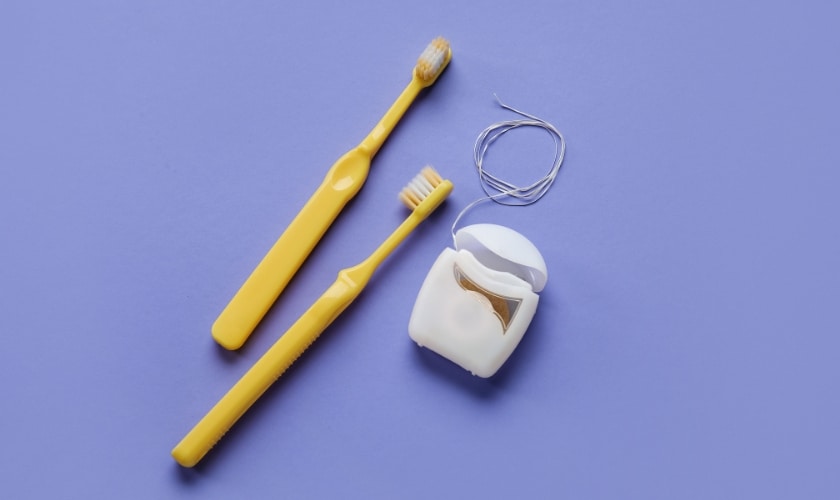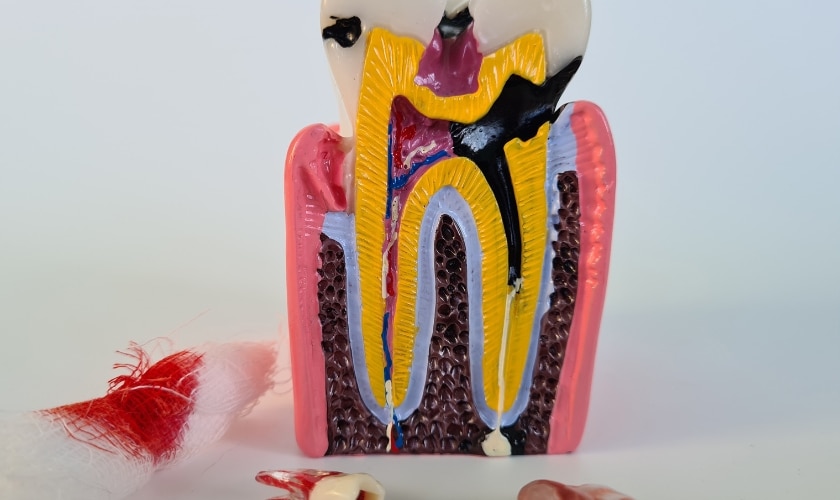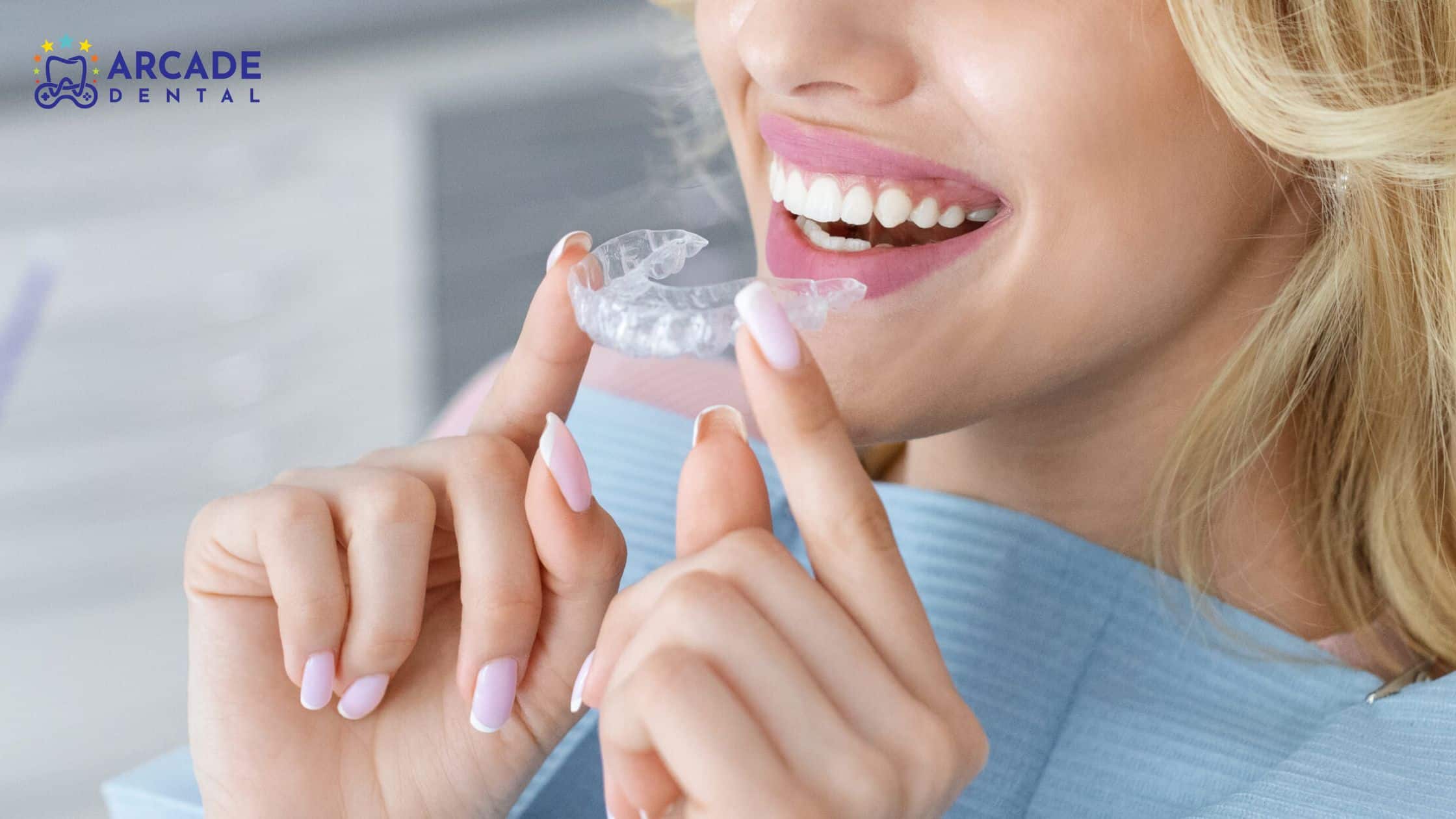
As the delightful chaos of Thanksgiving draws near, thoughts often center around recipes, gatherings, and the impending feast. Yet, amidst the anticipation of the sumptuous meal, a lesser-discussed quandary emerges: should one brush or floss first before diving into Thanksgiving dinner? This seemingly innocuous decision carries weight in the realm of oral health and pre-dinner preparation.
Amidst the aromas of roasting turkey and sweet pies, the importance of maintaining oral hygiene might be overlooked. Before diving into the turkey and trimmings, it’s crucial to recognize the importance of maintaining oral health. A big meal can wreak havoc on teeth and gums, making pre-dinner oral hygiene essential. Effective oral hygiene not only prevents discomfort but also contributes to overall well-being.
The Case for Brushing First
Some argue for wielding the toothbrush before the meal. Brushing beforehand can effectively remove plaque and food particles, preventing immediate damage to the teeth. It’s like laying down a protective barrier before the culinary onslaught.
By brushing before the meal, you effectively remove the initial layer of plaque and debris that has accumulated since your last brushing session. This action helps prevent immediate damage caused by the acids and sugars present in the food. Essentially, it’s like putting on armor before heading into battle, safeguarding your teeth against the onslaught of potentially harmful substances.
Moreover, the act of brushing stimulates saliva production, which is the body’s natural defense against cavities. Saliva helps neutralize acids and wash away food particles, further fortifying the teeth against potential damage.
The Case for Flossing First
Conversely, there’s a compelling case for flossing before brushing. By targeting the spaces between teeth first, flossing dislodges food particles and plaque that brushing might miss. This approach aims to clear the way for the toothbrush to do its job more effectively.
The spaces between teeth are a haven for food debris and plaque buildup, areas that a toothbrush might struggle to reach effectively. By flossing beforehand, you’re essentially clearing the pathways for the toothbrush to do its job more efficiently. This strategic pre-meal flossing not only dislodges hidden food particles but also helps in removing plaque, preventing potential bacterial growth during and after the meal.
Furthermore, by addressing these interdental spaces first, you’re targeting areas that are prone to developing cavities and gum disease. This proactive approach aims to maintain the health of these harder-to-reach areas, minimizing the risk of oral issues in the long run.
Expert Opinions
Dental professionals offer varied perspectives on this dental dilemma. Some advocate for brushing first, emphasizing the importance of a clean slate before the meal. Conversely, others champion flossing first, citing the need to tackle interdental debris to ensure comprehensive cleaning.
Dr. Anthony Vu, a renowned dentist, advises, “Both brushing and flossing are crucial. However, if I had to pick one before a big meal, I’d recommend flossing first. Clearing the spaces between teeth is paramount to preventing bacterial growth.”
Contrarily, Dr. Stephanie Tjia contends, “Brushing should take precedence. It’s vital to remove the initial layer of plaque and debris on the tooth surfaces to protect against immediate damage from acidic foods.”
The debate over whether to brush or floss first before Thanksgiving dinner presents valid arguments on both fronts. The key lies in finding a balance that suits individual oral health needs.
Consider starting with flossing to target the gaps between teeth and following up with brushing to safeguard tooth surfaces. However, the most crucial aspect isn’t the sequence but the thoroughness of the cleaning process. Ultimately, maintaining a consistent oral hygiene routine is the cornerstone of a healthy smile, especially amidst festive celebrations. So, whether you pick up the floss or the toothbrush first, the goal remains the same: to preserve your oral health while savoring the Thanksgiving feast.




